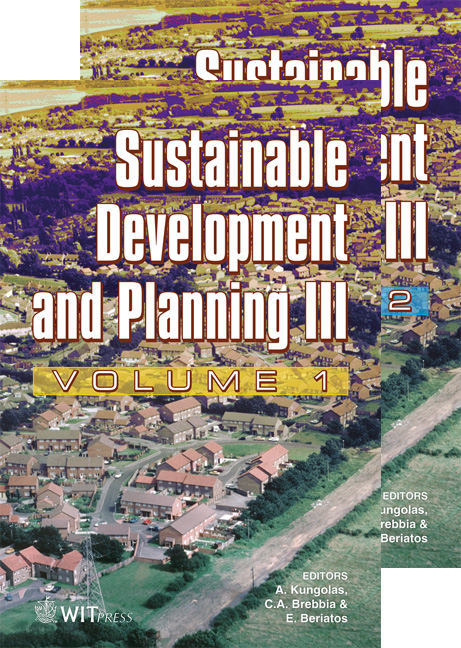Environmental Performance Indicators: Key Features Of Some Recent Proposals
Price
Free (open access)
Transaction
Volume
102
Pages
10
Published
2007
Size
339 kb
Paper DOI
10.2495/SDP070391
Copyright
WIT Press
Author(s)
R. Langford
Abstract
This paper identifies some key features of thinking by the United Nations Conference on Trade and Development, \“A Manual for Preparers and Users of Eco-efficiency Indicators” (2004). The UN approach is compared with that of the Global Reporting Initiative (GRI) in the third generation of its Sustainability Reporting Guidelines (G3) issued in October 2006 and that set out in \“Environmental Key Performance Indicators – Reporting Guidelines for UK Business” (2006). Reference is also made to some of the performance indicators given as examples in the international standard on management evaluation of environmental performance issued in 1999 by the International Organization for Standardization (ISO 14031). The paper looks at the extent to which the proposals under review are based on a conceptual framework and the guidance provided as regards definition and compilation of environmental performance indicators within the potential impact groups: • emissions to air and contribution to global warming; • water use and discharge; • waste and emissions to land; • energy use; • materials, use of resources and recycling. The paper is intended to provide an overview rather than a detailed analysis. The differing approaches adopted in the proposals give rise to the following questions. • Do any of the proposals assist organisations in identifying key environmental performance indicators? • Is there a prospect of convergence amongst \“standard setters” on the key environmental performance indicators? • How can internal and external users be confident that the environmental performance indicators reported are reliable? Keywords: indicators, environmental performance, conceptual framework, eco-efficiency, emissions, waste, energy.
Keywords
indicators, environmental performance, conceptual framework, eco-efficiency, emissions, waste, energy.





